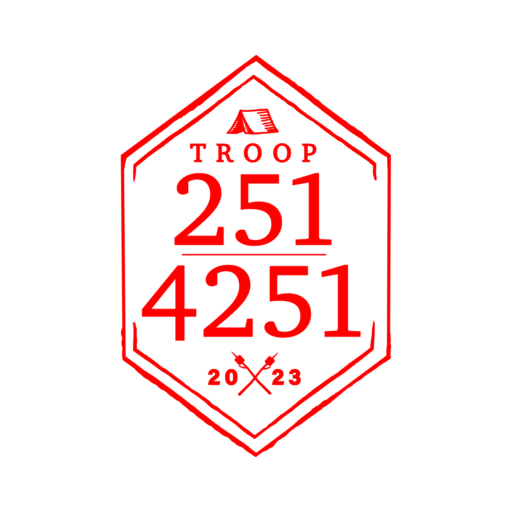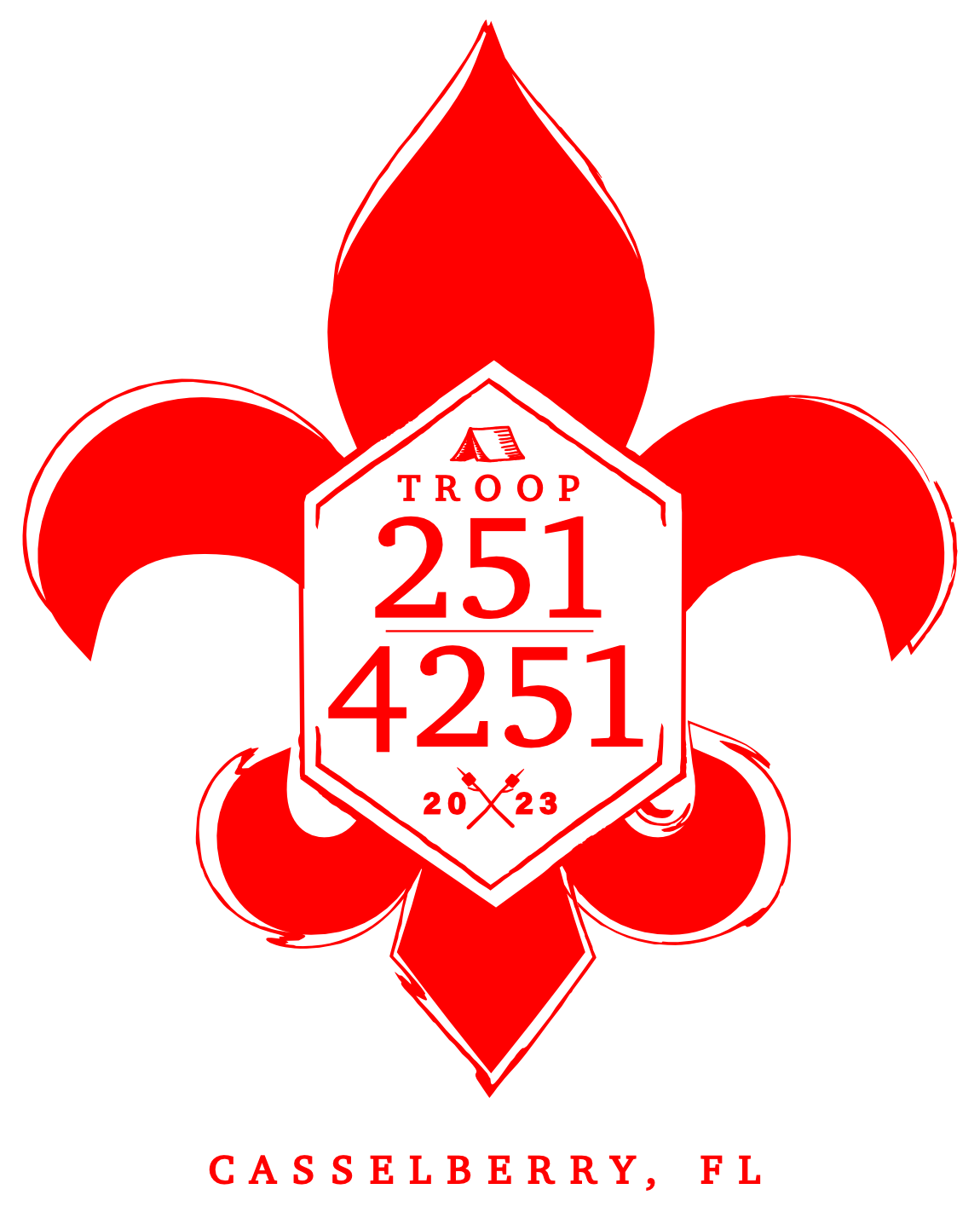Merit Badge Counselor Form
What Does A Merit Badge Counselor do?
The merit badge counselor agrees to follow the requirements of the recognition, making no deletions or additions, and ensuring the advancement standards are fair and uniform for all Scouts.

How do I sign up for this training?
You don’t have to register to take the online version of Merit Badge Counselor Training through My.Scouting.org; just log in and start taking the class modules.
As a merit badge counselor, you must do the following to qualify:
- Be at least 18 years old and of good character.
- Be registered with the Boy Scouts of America (position
code 42). - Complete Youth Protection training.
- Be recognized as having the skills and education in the merit
badge subjects covered and hold any required qualifications
and training as outlined in the Guide to Safe Scouting or the
Guide to Advancement—or use others so qualified. - Be able to work with Scout-age youth.
What is a merit badge?
A Scout can learn about sports, crafts, science, trades, business, and future careers as they earn merit badges. There are more than 100 merit badges (Currently, there are 139 available.). Any Scout may earn any merit badge at any time. You don’t need to have had rank advancement to be eligible.
Once a Scout has started working on a Merit Badge (i.e. obtained a signed “Blue Card” Application for Merit Badge from his Scoutmaster, had an initial discussion with a merit badge Counselor, and started working on the requirements), he may continue using those requirements until he completes the badge or turns 18.


Scouting programs instill in youth the values found in the Scout Oath and Scout Law. Scouting helps youth develop academic skills, self-confidence, ethics, leadership skills, and citizenship skills that influence their adult lives.
Scout Oath
On my honor, I will do my best
To do my duty, to God and my country, and to obey the Scout Law;
To help other people at all times;
To keep myself physically strong, mentally awake, and morally straight.
Scout Law
A Scout is: Trustworthy, Loyal, Helpful,
Friendly, Courteous, Kind,
Obedient, Cheerful, Thrifty,
Brave, Clean, and Reverent
